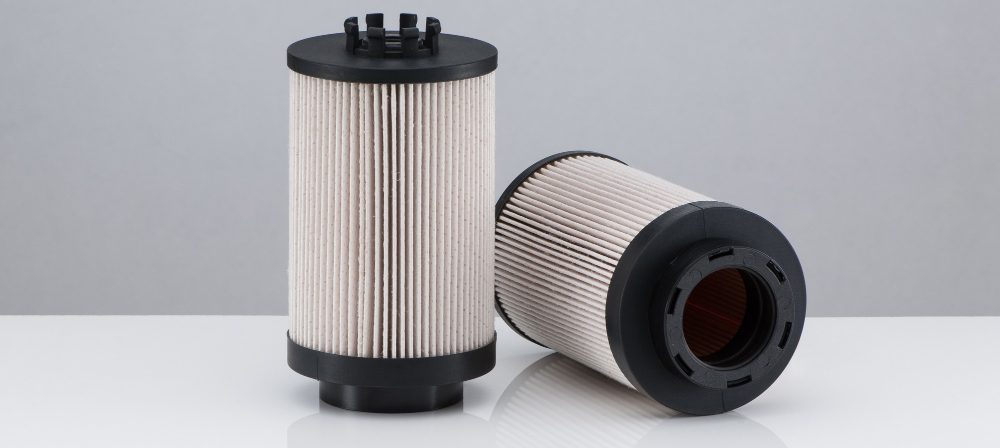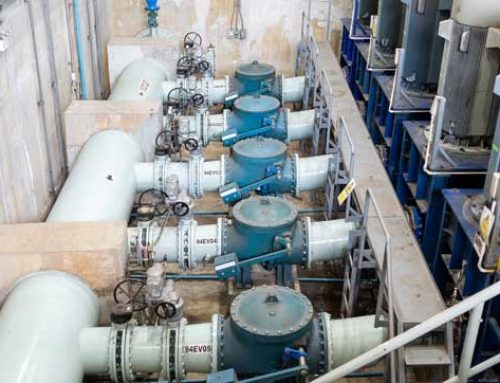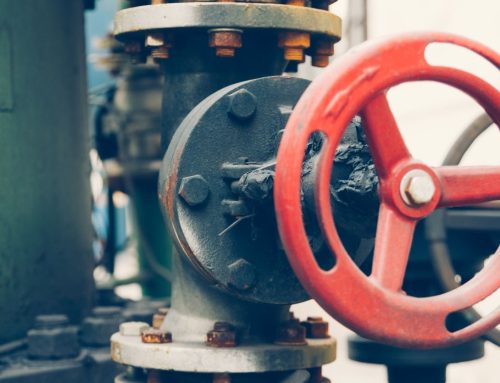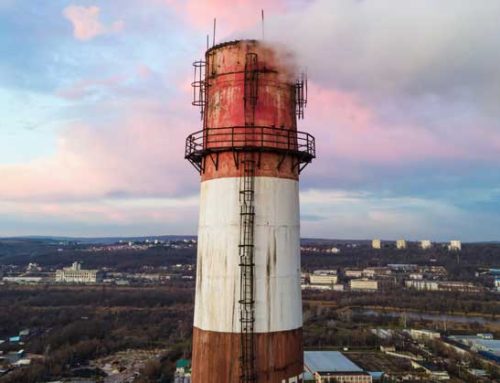No pun intended, but in this article, the industrial filter experts at Advanced Filtration are going to look at various types of filters and filtration systems and discuss some of the main differences, especially as they are applied to industrial, chemical, and business use, versus consumer use and auto use.
Filtering Out The Filters
Not all filters are created equal. While they all do the job of separating particles from liquids or gasses, different filters are designed for different purposes. For example, there’s a big difference between standard car filters and those used by high-octane motorsport vehicles, and it can make a huge difference when it comes to horsepower, speed, and other important factors in performance.
So, how do they work? And what sets these filters apart from industrial filters? Keep reading to find out.
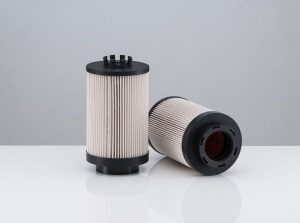
How Do Automotive Filters Work?
Filters are an uncelebrated feature in an automobile’s build. However, they perform a vital function to keep cars running smoothly.
Automobiles require air to operate. Without it, the fuel wouldn’t ignite, and the engine wouldn’t run. That’s why all cars have air intake pipes to direct external air toward the engine.
However, it’s easy for dirt and other debris to get sucked into the air intake system and damage the engine. Automotive filters prevent these foreign particles from entering the internal components and causing damage.
Most auto air filters need to be replaced every couple of years. If they’re not replaced, you risk decreased performance due to debris clogging up the air intake system. By replacing your air filter with a high-flow model that allows more air, you can increase your engine’s average performance by 3-5 hp.
What’s the Difference Between Filters Used in Motorsports and Filters Used in Normal Cars?
One of the main differences between standard automotive filters and those used by F1 racecars is their design and durability. Since racecars must operate at optimal efficiency, each component must be built to precise specifications.
No racecar driver would trust a standard air filter to do the job of a high-performance filter. Not only would it result in less horsepower, but it could also potentially damage the finely-tuned engine.
Air filters built for motorsports must be meticulously assembled. They have to fit in customized air intake systems built to increase speed and maximize torque. If the air intake inlet is too small or the filter is too tight, the engine won’t receive enough air will produce less power.
On the other hand, if the inlet is too large or the filter is not fine enough, the engine will lack sufficient pressure to generate ideal power. The filter might also let in dust, or small debris kicked up on the racetrack that can cause irreparable damage to the pistons and other engine components.
Simply put, better filtration equals better performance. Modern air filters designed for high-octane motorsports have evolved to filter out damaging particles while maintaining the exact amount of pressure necessary for peak horsepower. While they won’t win any races on their own, they can undoubtedly give a driver the edge over their competition. (And for all you industrial filtration experts out there, note how this is similar to your own industry–not any old filter will do the job, no?)
How Are Auto Filters Different From Industrial Filters?
All filters are built to prevent solids or impurities from passing through. But there are some crucial differences between ordinary auto filters and their industrial counterparts, as well as other types of filters.
For one thing, there is a big difference in scope. For example, car filters only filter out dust and other particles from the air. In contrast, industrial filters like the ones sold by Advanced Filtration are built to separate particles in many types of liquids or gases.
For example, industrial filters might be used to filter out specific ingredients in the beverage industry. Or, an ink company might use industrial filters to separate different ink coatings and chemicals. Industrial filters are used in everything from food processing to power generation. In fact, almost every manufactured product involves filtration at some stage in the production process.
There is also a significant degree of difference in filtration quality. While high-performance auto filters used in motorsports are carefully made to block fine particles, most automobile filters are not exceptionally well-built. On the other hand, industrial filters must maintain an extremely high standard of operation throughout their lifetime. As a result, they’re built with pinpoint precision and much more durable than standard auto filters.
For example, industrial filters used by pharmaceutical or biotech companies must consistently filter out unwanted particles from the production material. Any failure on the part of the filter could lead to contamination, resulting in massive financial losses and potential safety risks.
Other industries that require high-quality industrial filters include chemical production, flavor and fragrance production, cosmetics manufacturing, electroplating, healthcare, and more.
The Bottom Line On Different Types of Filters
On a basic level, all filters perform a similar function. However, there is a wide gap between the quality and precision of standard car filters and those used in motorsports or industrial applications.
Industrial filters produced by Advanced Filtration are at the forefront of filtration technology. From power generation to pharma and biotech, these advanced filters are necessary for maintaining consistent production and avoiding costly downtime. To receive a quote on your next filtration project, call us at 732-901-6676 or fill out the form to the right.

